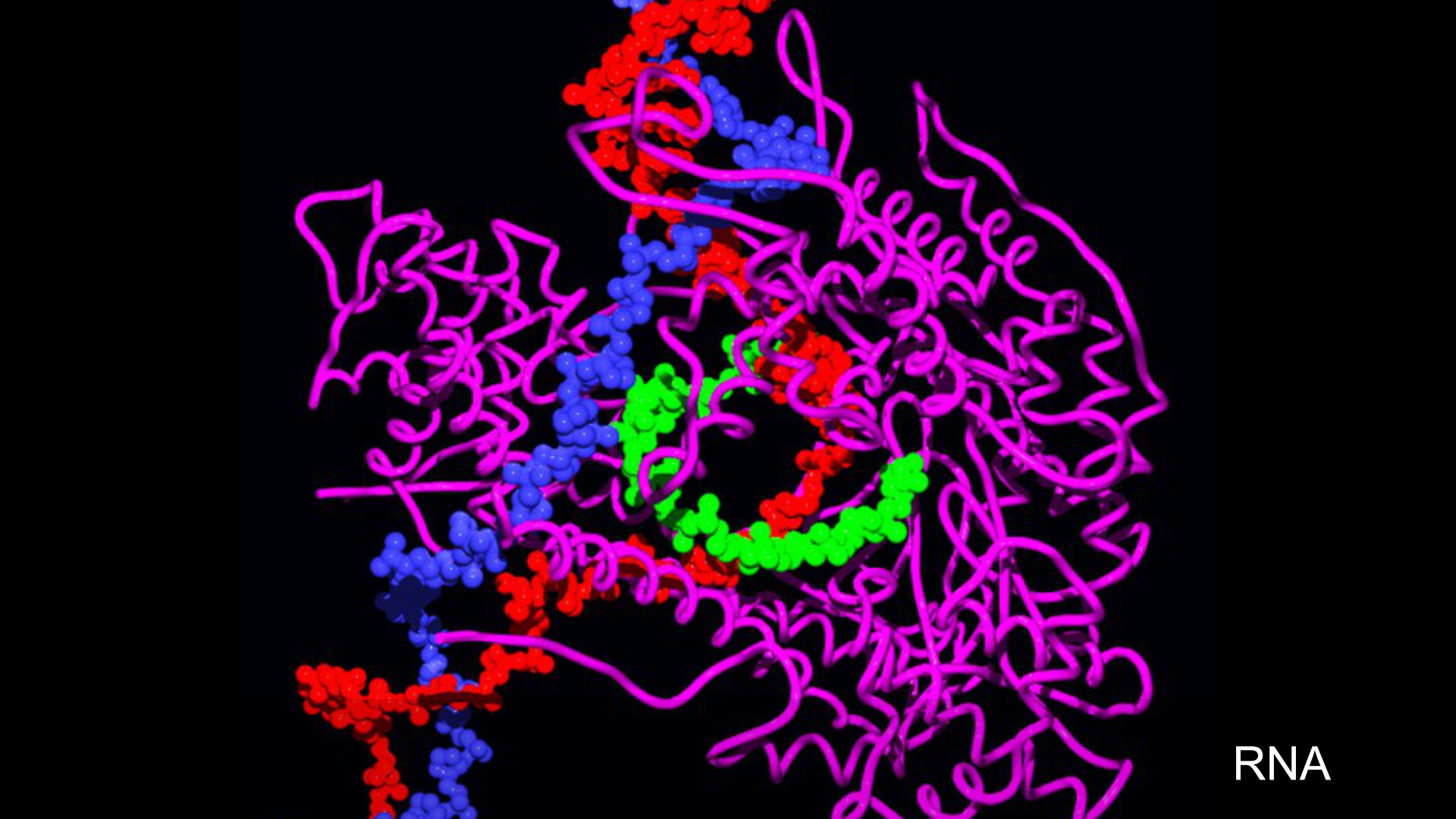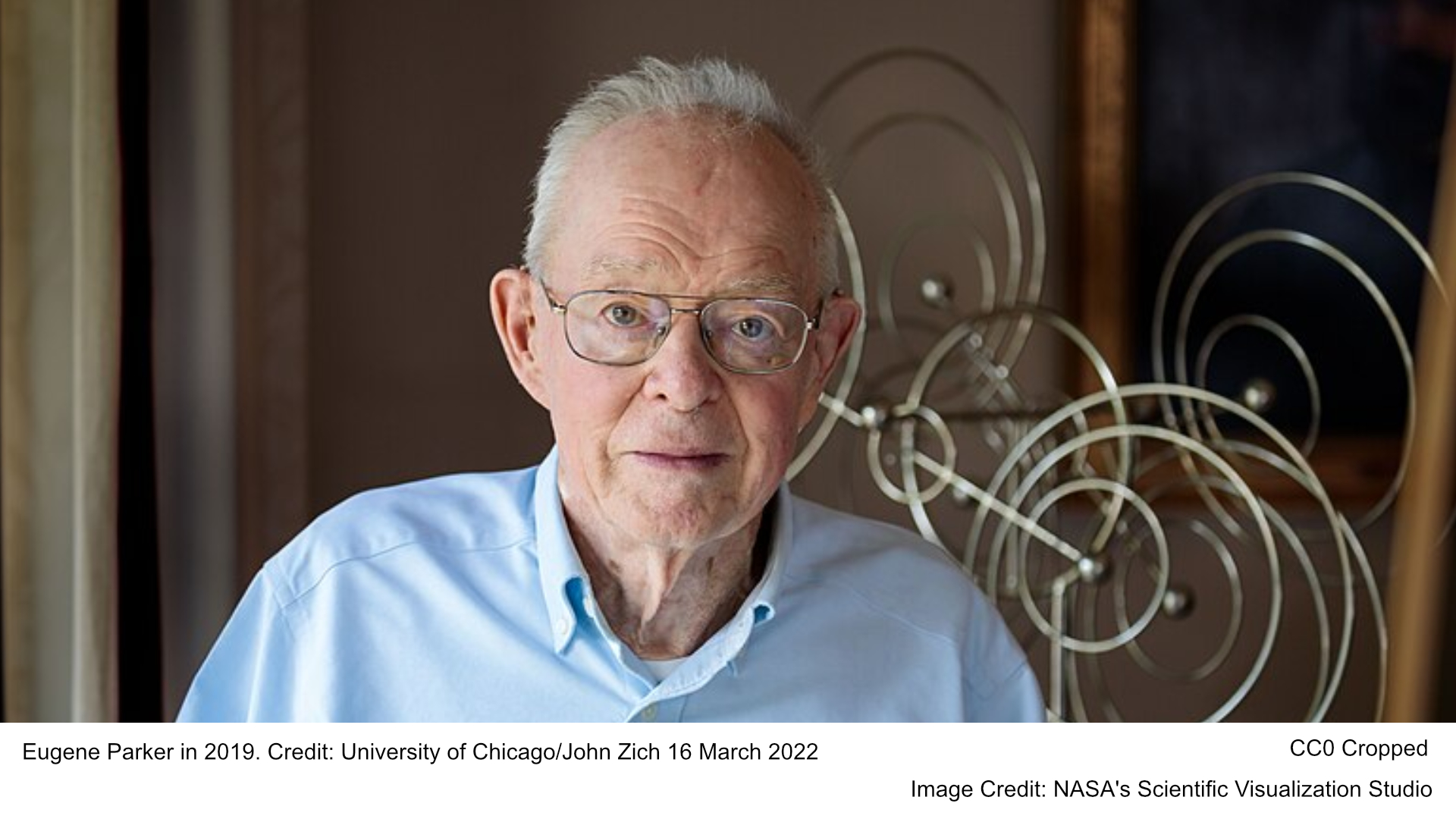Scientific journals and news platforms have covered the announcement extensively, emphasizing the transformative nature of Ambros and Ruvkun’s work. Their research has elucidated how small RNA molecules, known as microRNAs, function as molecular switches that regulate gene expression at a post-transcriptional level. This mechanism is critical for maintaining cellular homeostasis and has far-reaching implications for understanding various biological processes and disease pathologies.
Victor Ambros and Gary Ruvkun’s pioneering research began in the 1990s, leading to the identification of microRNAs as key regulators of gene expression. Their work demonstrated that these small RNA molecules are involved in crucial cellular functions, including development, differentiation, and response to environmental stimuli. The discovery of microRNAs has since spurred a wealth of research aimed at exploring their roles in health and disease, as well as their potential as therapeutic targets.
The Nobel committee has recognized the significance of this discovery in advancing our understanding of molecular biology. The identification of microRNAs has not only provided insights into fundamental genetic mechanisms but has also paved the way for innovative therapeutic strategies. Researchers are now exploring the potential of microRNA-based therapies to treat a range of conditions, from cancer to cardiovascular diseases.
The 2024 Nobel Prize in Physiology or Medicine reflects the ongoing commitment to honoring scientific achievements that have a lasting impact on society. Ambros and Ruvkun’s work exemplifies the power of curiosity-driven research in uncovering fundamental biological principles that can lead to practical applications. As they prepare to receive their awards on December 10, the scientific community continues to build on their discoveries, furthering our understanding of the genetic underpinnings of health and disease.
The Nobel Prize announcements for this year continue with awards in physics, chemistry, literature, peace, and economics. These recognitions serve as a testament to the enduring legacy of Alfred Nobel’s vision for celebrating contributions that enhance human knowledge and well-being.





